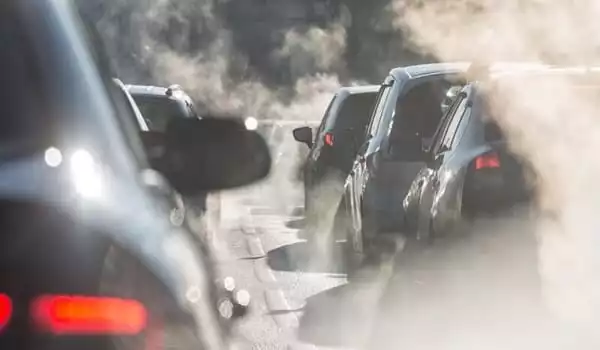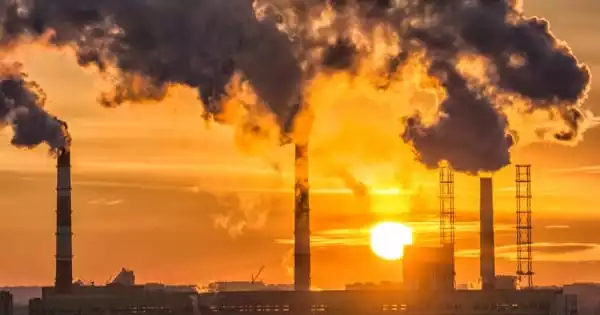According to a new study released today, about 2 million new instances of pediatric asthma each year may be caused by a traffic-related air pollutant, an issue that is especially prevalent in major cities around the world. This is the first study to quantify the number of pediatric asthma cases caused by this pollutant in over 13,000 places ranging from Los Angeles to Mumbai.
From 2000 to 2019, George Washington University researchers investigated nitrogen dioxide (NO2) concentrations associated with traffic and followed new instances of asthma in children. They discovered that two-thirds of the predicted 1.85 million additional asthma cases caused by NO2 occurred in cities.
“Our study found that nitrogen dioxide puts children at risk of having asthma, and the problem is most acute in urban areas,” said Susan Anenberg, a co-lead author of the report and a professor of environmental and occupational health at George Washington University. “The findings imply that clean air must be an important component of measures aimed at keeping youngsters healthy.”
Reducing the use of fossil fuels in transportation can help children and adults breathe easier and may offer large health dividends, such as fewer occurrences of pediatric asthma and excess fatalities. At the same time, it would lower greenhouse gas emissions, resulting in a better climate.
Professor Susan Anenberg
Anenberg and her colleagues investigated ground quantities of nitrogen dioxide, or NO2, a pollutant emitted by tailpipe vehicles, power stations, and industrial locations. They also tracked new instances of asthma in children from 2000 to 2019. Asthma is a chronic disease that causes inflammation of the airways of the lungs.
Here are some key findings from the study:
- In 2019, an estimated 1.85 million new pediatric asthma cases were attributable to NO2 globally, with two-thirds occurring in metropolitan areas.
- The proportion of pediatric asthma cases attributable to NO2 in metropolitan areas has lately decreased, owing to stricter clean air legislation enacted by higher-income countries such as the United States.
- Despite advances in European and American air quality, bad air, notably NO2 pollution, has been increasing across South Asia, Sub-Saharan Africa, and the Middle East.
- Cases of pediatric asthma due to NO2 pollution pose a significant public health burden in South Asia and Sub-Saharan Africa.
A prior study conducted by the GW researchers discovered that NO2 was associated with around 13% of the global pediatric burden of asthma and up to 50% of asthma cases in the world’s most populated 250 cities.

Overall, the proportion of pediatric asthma diagnoses connected to NO2 has decreased from 20% in 2000 to 16% in 2019. That means that cleaner air in Europe and portions of the United States has resulted in significant health benefits for children, particularly those living in areas near busy highways and industrial sites.
The researchers conclude that much more needs to be done, both in high-income countries and in areas of the world that are still battling to reduce dangerous NO2 emissions from vehicles and other sources.
According to a second study led by Veronica Southerland of GW, Anenberg, and their colleagues, urban air pollution is responsible for 1.8 million more deaths in 2019. According to the findings of this modeling study, 86 percent of adults and children living in cities around the world are exposed to fine particulate matter levels that exceed the World Health Organization’s standards.
“Reducing the use of fossil fuels in transportation can help children and adults breathe easier and may offer large health dividends, such as fewer occurrences of pediatric asthma and excess fatalities,” Anenberg added. “At the same time, it would lower greenhouse gas emissions, resulting in a better climate.”
‘The findings show that clean air must be an important component of initiatives to keep youngsters healthy.’ Reducing the use of fossil fuel-powered transportation can help children and adults breathe easier and may result in significant health benefits, such as fewer incidences of pediatric asthma and excess fatalities. Simultaneously, it would cut greenhouse gas emissions, resulting in a better climate.’
In related news, a recent study discovered that children who experience social deprivation in their first few years of life had a significantly greater chance of asthma persisting into adulthood.





